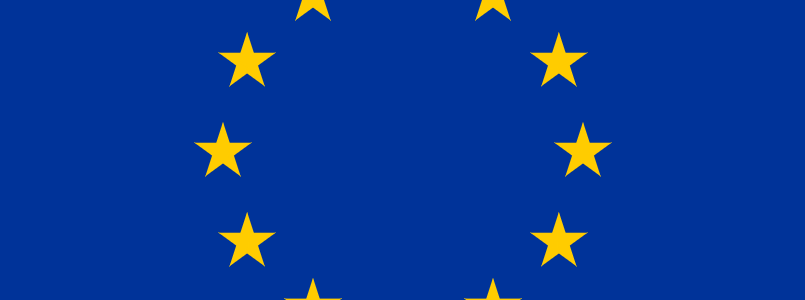
It has been nearly seven months since the United States withdrew from the Iran nuclear deal. As sanctions begin to bite, Iranian companies are laying off employees, and Iranian households are facing renewed hardships. Iran has exercised remarkable patience while it waits for Europe to devise its special purpose vehicle (SPV), a new entity intended to help Iran blunt the impact of U.S. secondary sanctions by making it possible for companies to trade with Iran, despite the fact that most international banks refuse to process payments to and from the country.
The SPV will do so by offering a “compensation” service. By overseeing a ledger of payments related to exports and imports between Europe and Iran, the SPV will be able to coordinate payments so that a European exporter of goods to Iran can get paid by a European importer of goods from Iran, eliminating the need for cross-border transactions. The SPV simply coordinates payments so that exporters can be paid from funds outside of Iran while importers can be paid by funds within Iran.
Compensation is a solution that companies have been using informally for years—the proposed mechanism is feasible. But time is running out to get the SPV up and running. Ali Akbar Salehi, the head of Iran’s atomic energy agency, recently warned that “the period of patience for our people is getting more limited.”
Europe’s SPV could be launched in the nick of time. France and Germany will likely formally establish the entity in January. But many critics believe the SPV will have a negligible impact on Iran’s economy, not least because it is unlikely that the mechanism will be used to facilitate European purchases of Iranian oil.

